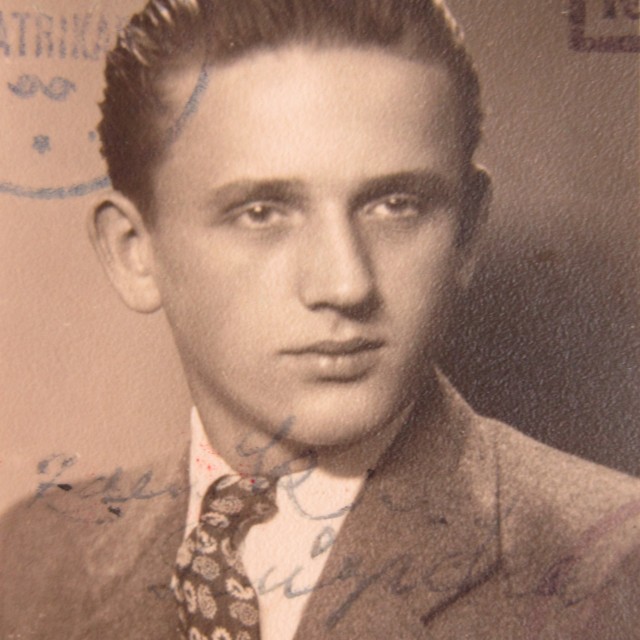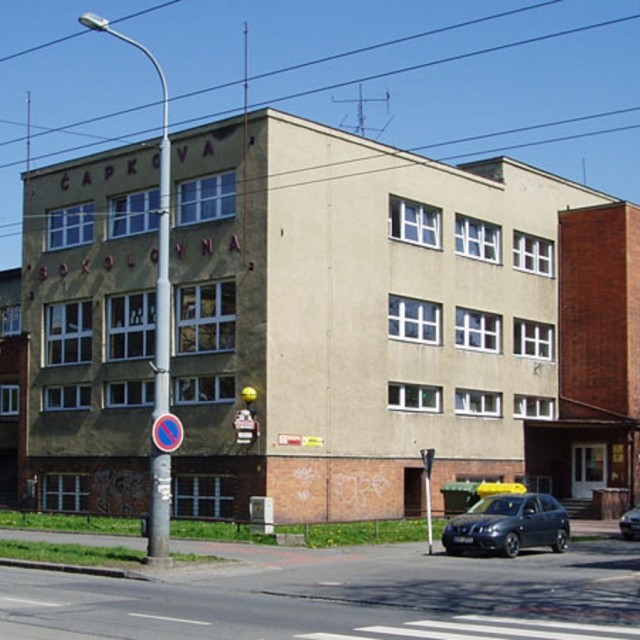It was a farce
At the end of July in 1950, Zdeněk Růžička appeared before a court in a trial that was taking place in Čapek’s Sokol house in Moravská Ostrava. It was a trial trumped up by the Communists and called “Jan Buchal and associates.” As the number of the accused was rather high, they were separated into four groups. Zdeněk Růžička was included in the group “Pěgřimek Emil and associates.” The trial with the members of this group lasted three days and at the end of it, 18 men and 3 women were sentenced to long prison terms. Zdeněk Růžička was hardly aware of the course of the trial as he suffering from jaundice, was severely malnourished and had bruises all over his face. The bruises were the result of the beating he had been subjected to by his interrogators. The beating led to a serious teeth inflammation. His face was swollen and he suffered from a terrible headache: “As I was supposed to go to the court, my face became swollen and I had a terrible headache. I could barely see. When they came for us, one of the StB officers asked me what had happened to me. He said that I looked as if somebody had beaten me. I didn’t say anything and just watched what was happening in the court. It was a farce. There was an old woman, probably the judge, who looked like she had just walked out of a brothel. She was wearing black stockings and was heavily made up. She behaved very informally, sitting for instance on a table with her legs crossed like if she was sitting in a bar. I could see how some of the accused were trying to convince the court of their innocence and that they were hammered for it. My head was droning and I feared that I might not last the trial. Then they called me up. I told them that everything was the way it had been noted in the protocol. That was it. Later, I learned that I had been the only one who repentantly confessed. So they turned around everything in a way to make it suit them," Zdeněk Růžička recalls about this farce, which brought him 14 years of imprisonment.
Hodnocení
Hodnotilo 0 lidí
Trasy
Príbeh nie je súčasťou žiadnej trasy.
Komentáre
Neexistujú žiadne komentáre k príbehu.



